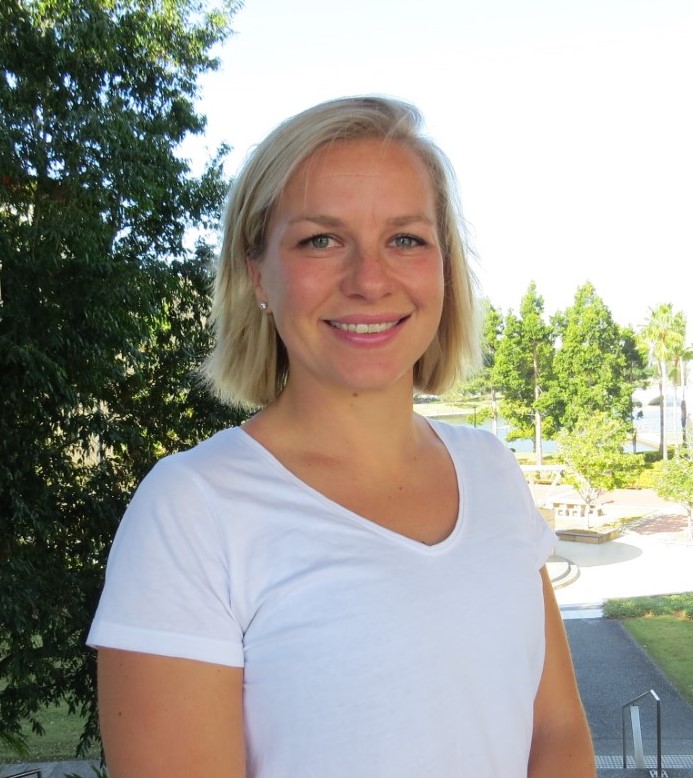Presenting your research - tips for planning a poster to a plenary
Session overview
The time has come for you to present the findings of your research project—but where do you start? And how can you possibly condense weeks, months, or even years of work into a 5-minute presentation or an A1 poster? Join us for a practical guide on how to prepare and present your research effectively. Whether you're speaking at a plenary session or designing a poster for a conference, this seminar will provide you with a structure, strategies, and tips to help you communicate your work with clarity, confidence, and impact.
During this session we will cover:
- Clarifying the purpose of your presentation
- Preparing with intention
- Structuring for impact
- Practical tips to deliver your presentation with confidence
DATE
Wednesday 12th November 2025, 3:00pm-4:00pm (NSW) (2:00pm-3:00pm QLD)
Location
Microsoft Teams - Once you have registered the meeting link will be provided in the confirmation email and calender invitation.
About the Presenter

Dr Zoe Michaleff is the Research Operations Manager for Northern NSW Local Health District. Zoe began her career as a physiotherapist before being drawn into the world of research. She has authored over 70 peer reviewed publications and presented her work at numerous local, national and international conferences. She’s passionate about evidence-based practice and enjoys sharing her insights and experiences to support others on their research journey.
Who are the Rural Research Collaborative Learning Network (RR-CLaN)?
The RR-CLaN is a rural led initiative that aims to provide high-quality research education and training to healthcare staff working in rural, regional and remote areas. Our aim is to provide you with the education and training opportunities to build key skills in how to use and undertake research to improve healthcare delivery.
RR-CLaN collaborators:
NSW: Central Coast Local Health District; Far West Local Health District; Hunter New England Local Health District; Illawarra Shoalhaven Local Health District; Mid North Coast Local Health District; Murrumbidgee Local Health District; Nepean Blue Mountains Local Health District; Northern New South Wales Local Health District; Southern New South Wales Local Health District; Western New South Wales Local Health District; Health Education and Training Institute (HETI).
QLD: Tropical Australian Academic Health Centre (supporting Townsville Hospital and Health Service; Cairns and Hinterland Hospital and Health Service; Mackay Hospital and Health Service; North West Hospital and Health Service; Torres and Cape Hospital and Health Service); Darling Downs Health Innovation and Research Collaborative; Darling Downs, South West Hospital and Wide Bay Hospital and Health Service.


